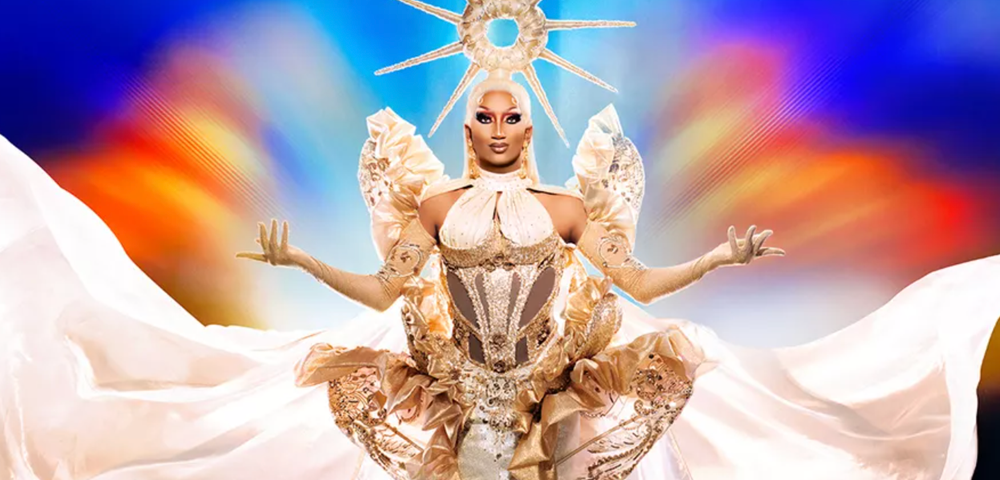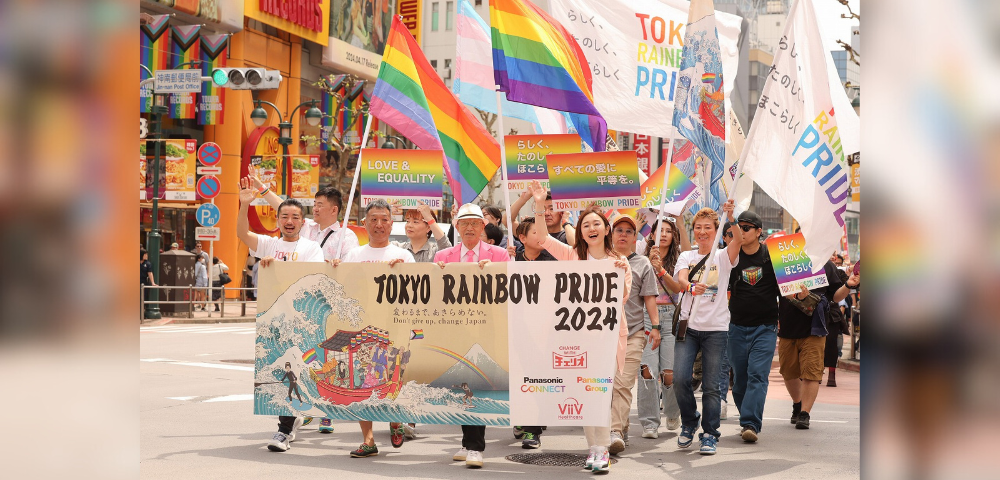
A day in history: same-sex marriage in the ACT

 Same-sex marriage is now legal in the nation’s capital after the ACT Parliament passed the Marriage Equality Same-Sex Bill 2013 just before midday today.
Same-sex marriage is now legal in the nation’s capital after the ACT Parliament passed the Marriage Equality Same-Sex Bill 2013 just before midday today.
The bill, which allows for marriages between people of the same sex, passed the territory’s Legislative Assembly earlier today by eight votes to seven. Speaking on the Assembly floor, ACT Chief Minister Katy Gallagher said the bill marked “an important day in the history of the assembly and the history of the ACT”.
“There is no longer any excuse, if there ever was, to discriminate against same-sex people in our community. They are our brothers, our sisters, our coworkers, our mentors, but most importantly they are our equals,” Gallagher said.
An emotional Deputy Chief Minister Andrew Barr, who at times spoke through tears, quoted Martin Luther King and called the fight for LGBTI rights a “21st-century civil rights movement”.
“Today the suffering, the sacrifice and the struggle of LGBTI Canberrans, their parents and their families finds a voice and a champion in this assembly.”
While the bill is now law, it remains unclear whether the statute will survive an impending High Court challenge from the federal government. Federal Attorney-General George Brandis will argue that the law breaches the constitution, which states that legislating on marriage is the sole preserve of the Commonwealth.
Gallagher and ACT Attorney-General Simon Corbell have stated that they will defend the bill in court and are confident of victory, but conflicting legal opinion means the law’s ultimate future is uncertain. It is also unclear what will happen to the legal status of couples who marry under the law if the bill is eventually ruled invalid.
While many LGBTI advocates greeted the news with joy, the bill came in for criticism in recent days after last-minute amendments announced by Corbell on Monday saw intersex and transgender people excluded from the legislation. The amendments, made after legal advice from Australian Marriage Equality (AME), reworded the definition of ‘marriage’ as discussed in the bill to explicitly describe two people of the same sex. The move was made to strengthen the bill’s chances of standing up against a court challenge.
Organisation Intersex International (OII) Australia vice-president Tony Briffa said intersex people were “not genuinely included” in the bill and that Australia had yet to achieve true marriage equality.
“I support same sex marriages, but it’s tough listening to this when marriages like mine will still not be recognised. This is not a marriage equality bill,” Briffa said in a public statement shortly after the bill’s passage.
“Today intersex people like me have fallen further behind in our rights. We have no rights as children when the medical profession modify us without our consent, and intersex people like me don’t have any rights when we get older and we want to be recognised in our biological sex and want to marry as the people we are.”









